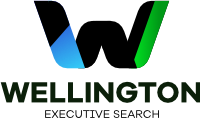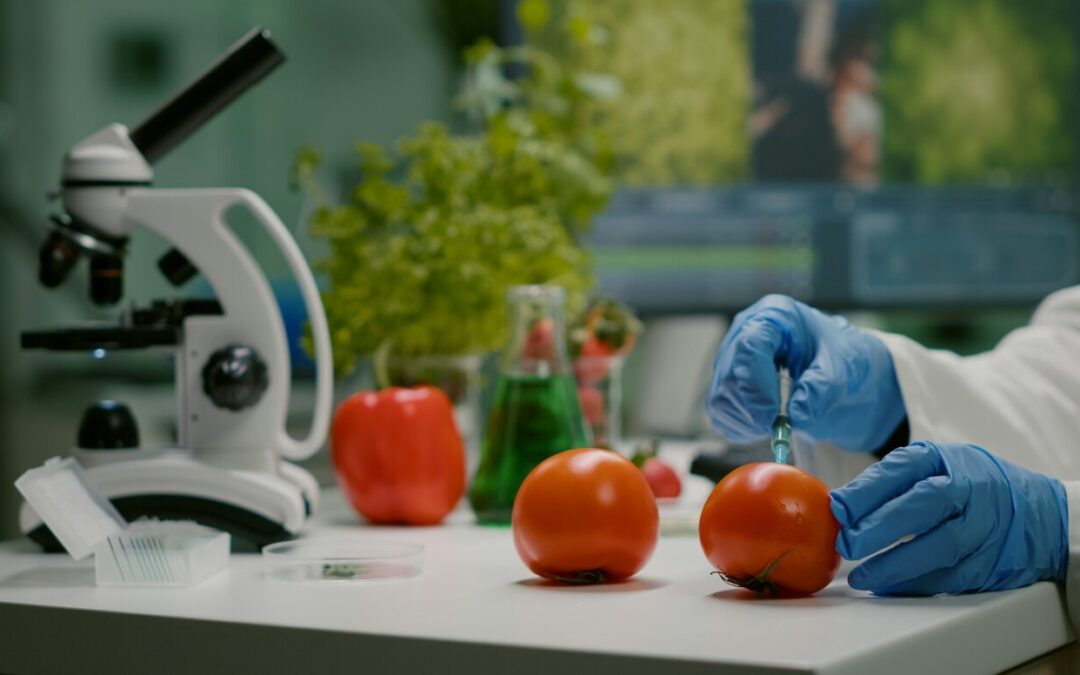Use the interview as an achievement. Remember, you’ve already gained an audience with the employer. Your efforts at networking and what it is that you put on your resume has gotten you to this stage and is now time to effectively demonstrate your most important skills and strengths. Take this opportunity to learn and take one step further toward securing the food science position that you really desire.
The most thrilling aspect of a job search could be interviews. There is no reason to feel anxious about a food science vacancy that you have already earned. The best way to prepare is by adopting a positive approach—smile. Smile while preparing, on your way to the interview, and during the conversation. This will make you feel more confident, excited, and calm. Do you feel the tension disappearing from your shoulders and neck?
An interview is intended to revolve around a two-way exchange of information. Employers often know what key aspects they want from the chosen candidate. If there is an opportunity to ask a question before the interview unfolds, try this: “What are the most important qualities and skills you’re looking for in the person you select for this position?”
If the interviewer answers this question, be sure to follow their guidance when answering the questions. Ensure your strengths compliment the qualities they regard as most important. By the time the interview is coming to a close, an employer should know at least three attributes that suggest you as the ideal candidate for the food science position.
For any food science interview, make sure to practice your responses beforehand, especially if you will be addressing someone from within your own organization. Knowing what to say will go a long way in aiding your career progression. When asked about yourself, elaborate on your three best skills, and this will keep you relaxed and at ease during the interview.
Adapting is key. Prepare a closing statement beforehand, but tailor it to fit the context of the interview. While wrapping up, mention pointers that weren’t highlighted in your resume, but will further showcase your capabilities. Whatever new information you provide, remember to reiterate it in your post-interview thank-you note.
You should aim to send a follow-up letter within one day of the interview. For any role you think is not suited for you, expressing your appreciation will help in being considered for other opportunities in the future. Document your experience of the interview and any changes you will make in your resume. If additional documents like a certificate are required, make sure to get them as soon as possible.
Every interview is equally valuable as an opportunity to learn about the company and the business itself. If the role does not seem that appealing make your position clear during the interview. Since honesty is the best policy, being straightforward about your decision will only get you appreciation from the employer as they will certainly consider you for a different position later on.
If you’re keen on the job, say thank you and ask: “What are the next steps in your selection process.”
Working with food science headhunters can also be a great way to find the right opportunity. They have connections in the industry and can help guide you toward positions that match your skills and goals.

